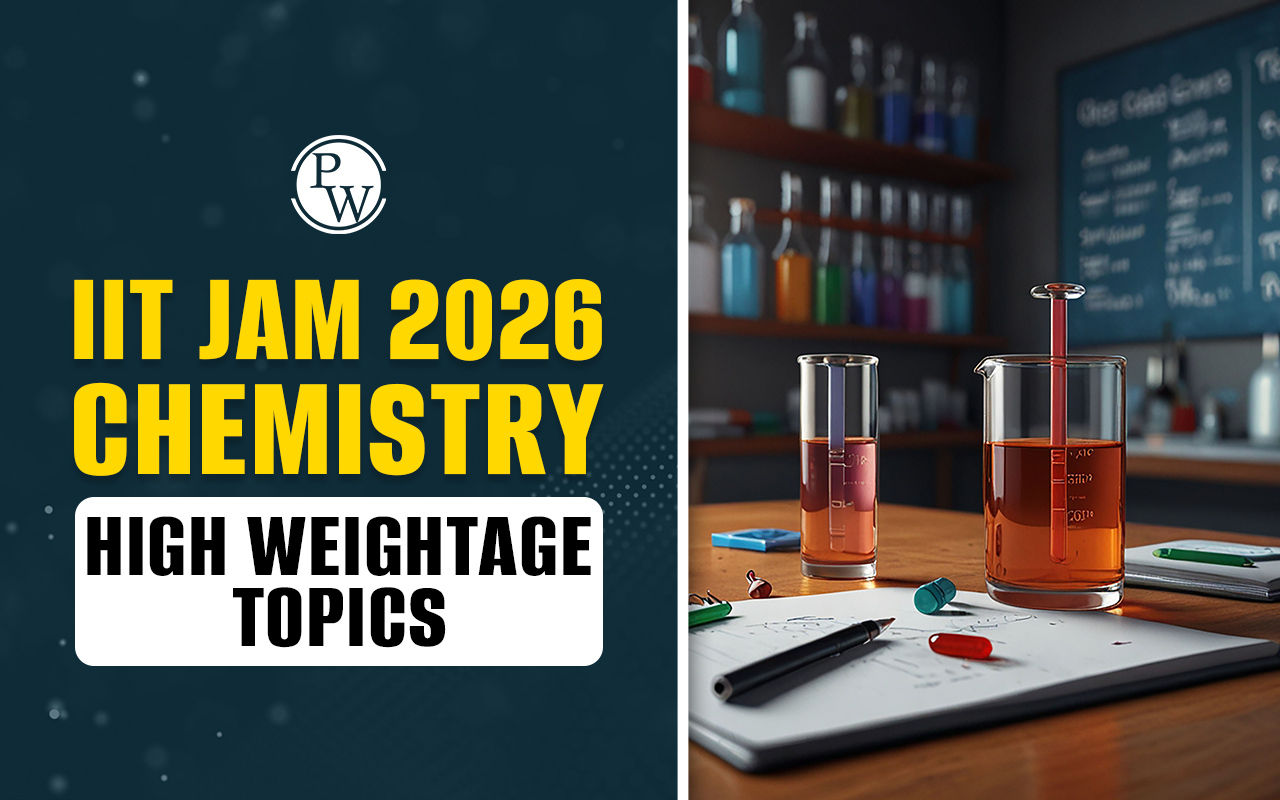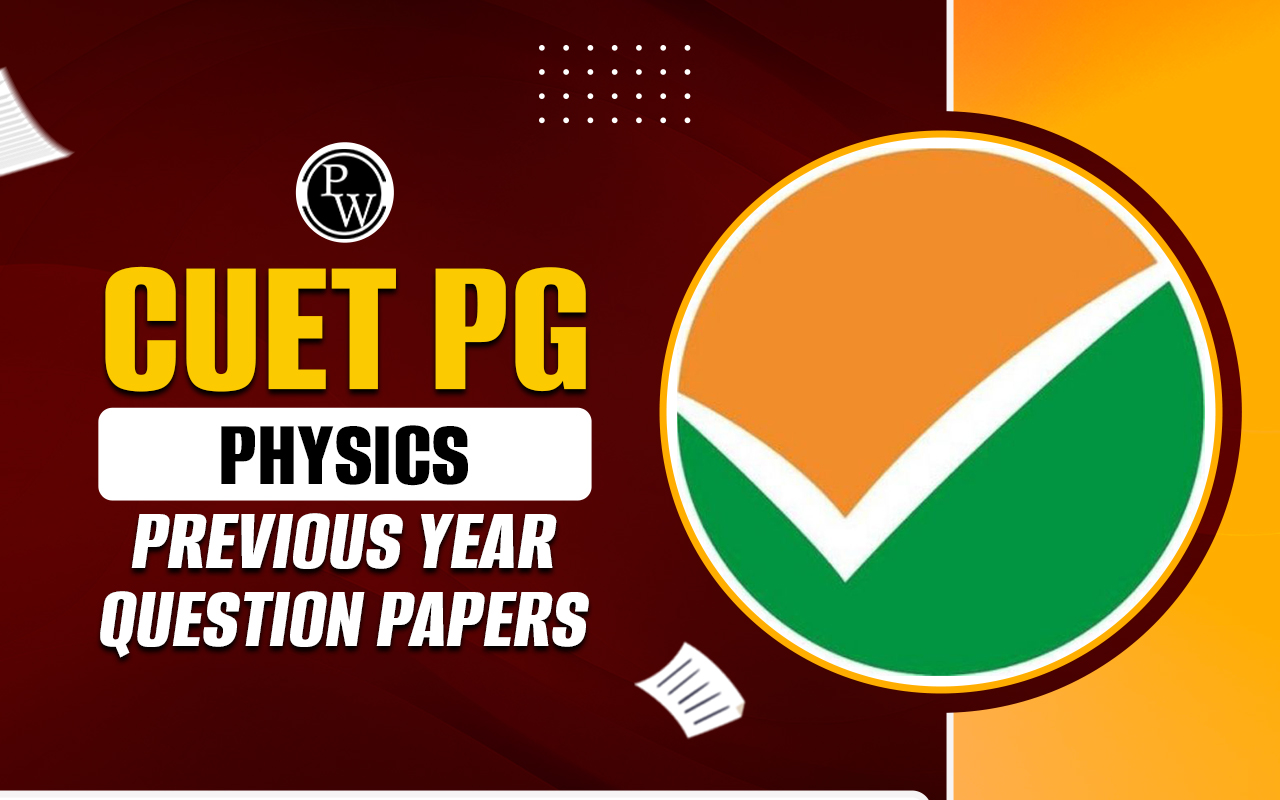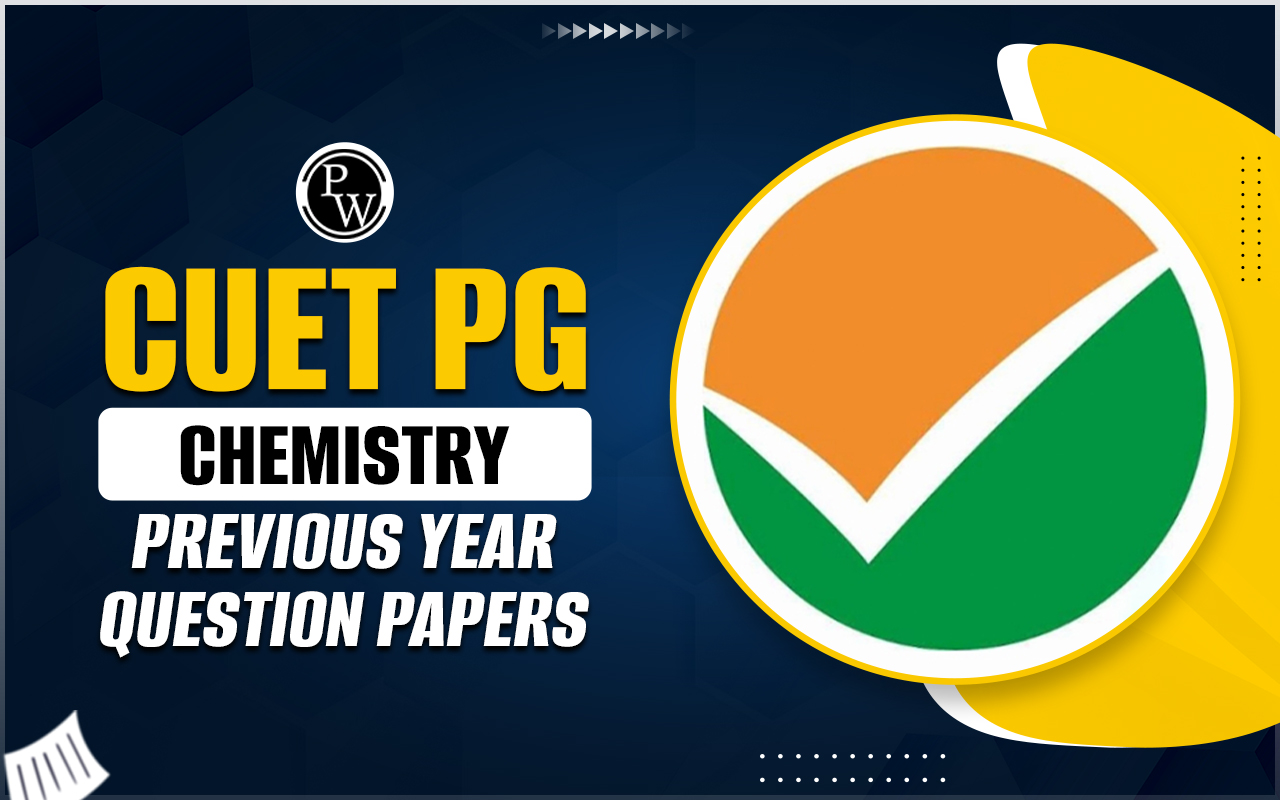
M.Sc Chemistry program is designed for students who wish to gain deep knowledge and understanding of chemical reactions, molecular structures, and laboratory techniques. Candidates who have a bachelor’s degree in chemistry with knowledge of organic, inorganic, analytical, and physical chemistry are eligible to pursue this master’s course.
Generally, students prefer Indian Institutes of Technology (IITs) and Indian Institutes of Science Education and Research (IISERs) to pursue M.Sc. Candidates can find M.Sc. chemistry jobs in various sectors such as pharmaceuticals, petrochemicals, materials science, environmental science, and academia. Interested Science bachelors can proceed here to learn about M.Sc Chemistry course in detail.
M.Sc Chemistry Overview
Beyond job opportunities, M.Sc Chemistry is also beneficial for research orientated careers and higher studies like Ph.D. Generally, M.Sc Chemistry syllabus covers a lot of topics, including research, industrial knowledge, and academic skills. Candidates are required to appear in some of the major entrance tests, such as IIT JAM, CUET PG, AP PGECET, CPGET, URATPG, etc, to find admission to top M.Sc. Chemistry colleges. The programme is ideal for:
-
Students are passionate about scientific research.
-
Those aiming for industrial R&D or quality control roles.
-
Candidates interested in teaching or pursuing a Ph.D.
Since chemistry overlaps with biology, physics, and materials science, it also opens doors to interdisciplinary careers. Further details about the M.Sc course are presented here:
| M.Sc Chemistry Overview | |
|---|---|
| Course Level | Postgraduate (PG) |
| Duration | 2 Years |
| Typical Fee Range | ₹1 lakh – ₹20 lakh (varies by institute type) |
| Admission Mode | Primarily conducted through entrance examinations, though certain institutions may also offer admission based on merit. |
| Eligibility | A graduate degree in Chemistry or a closely allied discipline, securing a minimum of 50% aggregate marks from an accredited university. |
| Popular Entrance Exams | IIT JAM, CUET PG, AP PGECET, CPGET, URATPG, and others |
| Leading Colleges in India | Institutions such as BHU (Banaras Hindu University), JMI (Jamia Millia Islamia), JNU (Jawaharlal Nehru University), VIT Vellore, IISc Bangalore, and PSG College of Arts & Science, Coimbatore. |
| Common Job Roles | Career paths include roles like toxicologist, clinical research associate, pharmaceutical chemist, pharmacy support staff, laboratory assistant, and research scientist. |
| Average Salary Range | ₹3 lakh – ₹10 lakh per annum |
| Top Employment Sectors | Medical research organizations, chemical manufacturing units, processing industries, forensic labs, oil & petroleum companies, hospitals |
The M.Sc. Chemistry programme is not just about reading formulas and balancing reactions. Students get engaged in experimental work, computational modelling, and theoretical studies to complete this PG course.
M.Sc Chemistry Eligibility Criteria
M.Sc Chemistry Eligibility criteria should be studied before planning to pursue the PG course. Here, candidates must fulfil the following requirements to pursue the course:
-
A bachelor’s degree in chemistry or a related subject like industrial chemistry, biochemistry, etc., from a recognised university.
-
Applicants should have completed a minimum of three years or six semesters of chemistry coursework during their undergraduate studies
-
Additionally, candidates must have studied mathematics in at least one semester of their bachelor’s program, which is a compulsory requirement for IITs.
-
Candidates must have completed their bachelor’s course with a minimum marks 55% aggregate for General/OBC-NCL/EWS and 50% for SC/ST/PwD categories (varies slightly by institute).
It must be noted that final-year students can apply if they provide proof of eligibility by the deadline. There is no age limit to appear for the IIT JAM. While IIT JAM is the main route to IITs, other universities may have slightly different M.Sc. Chemistry Eligibility norms.
M.Sc. Chemistry Admission Process
Admission to M.Sc Chemistry colleges is usually based on the entrance test results. IIT JAM is the most popular entrance examination among students who want to get enrolled in IITs, IISCs, etc. Here is the simple procedure that can help students learn the M.Sc Chemistry admission process:
Step 1. Registration: Applicants need to create an account on the official JOAPS (JAM Online Application Processing System) portal, complete the required details, and submit the examination fee.
Step 2. Exam: Appear for IIT JAM Chemistry (CY), a computer-based test with objective-type questions.
Step 3. Result & Merit List: The IIT JAM scorecard and All India Rank (AIR) are released.
Step 4. Counselling: Qualified candidates participate in centralised counselling. They submit their preferences for institutes and specializations.
Step 5. Seat Allotment: Seats to the shortlisted applicants are allotted based on rank, category, and availability.
Step 6. Final Admission: Candidates confirm admission by paying the fees and submitting documents.
Note: This is a general overview to help out the students for admission to M.Sc. Chemistry program through IIT JAM. Apart from IIT JAM, some universities conduct their own exam,s such as BHU PET, DUET, and CUET PG. Candidates can visit their official websites to learn more about the M.Sc. Chemistry admission process.
M.Sc. Chemistry Entrance Exams 2025
Most colleges and universities conduct their own entrance examinations for admission to M.Sc. courses. Interested candidates can appear in some of the top M.Sc. chemistry exams for admission purposes. Candidates who want admission to the top M.Sc. Chemistry colleges can read here:
| M.Sc. Chemistry Entrance Exams 2025 | |||
|---|---|---|---|
| Exam Name | Conducting Body | Mode | Institutes Covered |
| IIT JAM | IITs | CBT | IITs, IISERs, NITs |
| CUET PG | NTA | CBT | Central & state universities |
| BHU PET | BHU | CBT | Banaras Hindu University |
| DUET | DU/NTA | CBT | University of Delhi |
Note: IIT JAM has been the most competitive, offering access to premier institutes with advanced research facilities for admission to M.Sc. Chemistry colleges. Moreover, CUET PG is increasingly becoming the preferred route for entry into central universities, while exams like BHU PET and DUET are conducted specifically for admissions to their respective institution
M.Sc Chemistry Syllabus
The M.Sc. Chemistry syllabus in IITs is research-orientated and lab-intensive. Core topics include:
-
Inorganic Chemistry: Coordination chemistry, organometallic compounds, solid-state chemistry, bioinorganic systems.
-
Organic Chemistry: mechanistic pathways, asymmetric synthesis, heterocyclic chemistry, photochemistry.
-
Physical Chemistry: It covers topics such as quantum mechanics, molecular spectroscopy, statistical thermodynamics, and electrochemistry.
-
Analytical Chemistry: Chromatographic separation, electroanalytical methods, modern spectroscopy.
However, M.Sc. chemistry electives may include materials chemistry, environmental chemistry, and computational chemistry. Laboratory courses emphasize synthesis, characterization, and advanced instrumentation.
M.Sc Chemistry Core Subjects
M.Sc Chemistry syllabus ensures students master both theory and practical skills. It prepares them for high-level research and industrial problem-solving knowledge. The following core subjects are common across most M.Sc. chemistry programmes:
-
Quantum Chemistry & Spectroscopy
-
Organic Reaction Mechanisms
-
Coordination & Bioinorganic Chemistry
-
Statistical Thermodynamics
-
Solid State Chemistry
-
Electrochemistry & Kinetics
-
Analytical Techniques in Chemistry
M.Sc Chemistry Specialisations
Candidates can read here about specialisations in M.Sc Chemistry to choose from to pursue the postgraduate course:
1. Organic Chemistry: Focuses on carbon-based compounds, drug design, and synthetic methodologies. Has significant applications in the pharmaceutical, agrochemical, and polymer sectors
2. Analytical Chemistry: Covers methods to identify and quantify substances. It is widely used in quality control labs, environmental monitoring, and forensic science.
3. Physical Chemistry: Explores chemical systems through thermodynamics, kinetics, and quantum theory. Finds use in fields like nanotechnology, energy research, and materials science.
4. Biochemistry: Studies chemical processes in living organisms. Relevant in medical research, biotechnology, and food science.
5. Materials Chemistry: Deals with polymers, ceramics, nanomaterials, and composites. Useful in electronics, aerospace, and renewable energy industries.
Top M.Sc Chemistry Colleges in India
Candidates can find useful insights about the popular private and government M.Sc Chemistry Colleges from the following table:
|
Top M.Sc Chemistry Colleges in India |
||
|
Institute Type |
Institutions |
Key Highlights |
|
Government Institutes |
IIT Bombay, IIT Delhi, IIT Kanpur, IIT Madras |
Known for advanced laboratories, high-end research facilities, and significant research grants |
|
IISER Pune, IISER Kolkata |
Specializing in interdisciplinary science education and integrated research programs |
|
|
Banaras Hindu University (BHU), Delhi University (DU), Jawaharlal Nehru University (JNU) |
Renowned for strong academic foundations, diverse research areas, and reputed faculty |
|
|
Private/Deemed Universities |
BITS Pilani |
Offers industry-linked projects, a strong research ecosystem, and global collaborations |
|
Amrita Vishwa Vidyapeetham |
Noted for applied chemistry research and innovative teaching methods |
|
|
Lovely Professional University (LPU) |
Affordable tuition with modern laboratories and industry related curriculum |
|
M.Sc Chemistry Fees in India
Candidates must be aware that government and private institutions will offer M.Sc Chemistry course at different fees. The general fees breakdown is provided here:
| M.Sc Chemistry Fees in India | ||
|---|---|---|
| Institute Type | Average Fee (2 Years) | Notes |
| Government | ₹40,000 – ₹150,000 | Subsidized tuition, low hostel charges |
| Private | ₹1,60,000 – ₹500,000 | Higher tuition, modern amenities |
Note: Government institutes are found to be more cost-effective while providing better faculty-student ratios and research infrastructure. Candidates can choose an M.Sc. chemistry college according to their budget and convenience.
Books for M.Sc Chemistry
Candidates can use the following M.Sc. chemistry books for in-depth knowledge and understanding of the subject topics:
-
Organic Chemistry—Morrison & Boyd
-
Physical Chemistry – P.W. Atkins
-
Inorganic Chemistry – J.D. Lee
-
Vogel’s Textbook of Quantitative Chemical Analysis by J. Mendham
-
Spectroscopy of Organic Compounds – P.S. Kalsi
These books are not only used during the M.Sc. program but also serve as excellent references for IIT JAM preparation and NET exams.
Jobs & Career Scope After M.Sc. Chemistry
Graduates in chemistry can build careers across research, industrial sectors, and academia. Popular job roles include:
-
Research Scientist – Work in Research and Development divisions of companies or research labs.
-
Quality Control Analyst – Ensuring product quality in manufacturing.
-
Lecturer/Professor – Teaching in colleges and universities.
-
Pharma Chemist – Drug formulation and testing.
-
Analytical Chemist – Performing chemical analysis in labs.
M.Sc Chemistry Future Scope
The M.Sc. Chemistry scope is expanding into nanotechnology, sustainable energy, biotechnology, and environmental chemistry. With India aiming to become a global manufacturing hub, the chemical industry will see significant growth, creating more opportunities for M.Sc. graduates.
Emerging fields like green chemistry focus on sustainable production methods, while computational chemistry integrates AI to design new molecules. International collaborations and exchange programs also allow graduates to work in global research projects.
For those interested in academia, pursuing a Ph.D. is a natural next step after M.Sc in Chemistry course completion. Others may explore MBA programs for leadership roles in chemical manufacturing firms. DRDO, CSIR labs, ONGC, Pfizer, Reliance Industries, Hindustan Unilever, and Cipla are counted among the top recruiters that provide secure and bright jobs.
M.Sc Chemistry FAQs
Is IIT JAM the only way to get admission to M.Sc. Chemistry in IITs?
Can I do an M.Sc. in Chemistry without Mathematics in B.Sc.?
What is the average salary after M.Sc. Chemistry?
Which specialisation is best in M.Sc. Chemistry?










